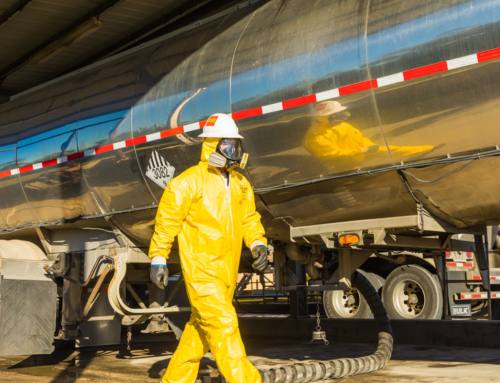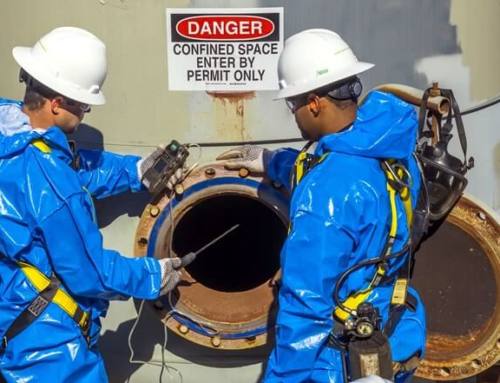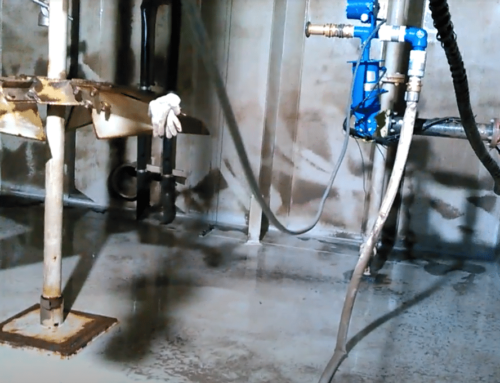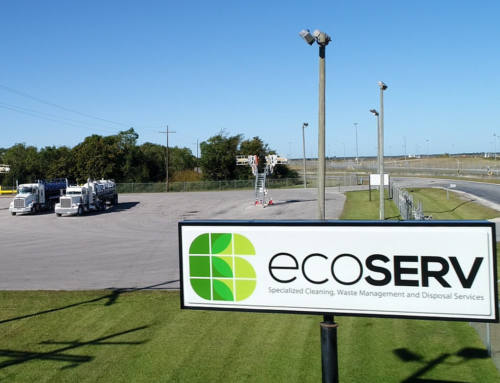The process of decommissioning an oil or gas installation can be extremely expensive and time-consuming. Performing the proper prep work is crucial to making sure the investment is not wasted, and for shutting down the operation safely.
When decommissioning is complete, all usable fuel will have been processed and the facilities will be appropriately dismantled. The well must be cleared and filled, and the surrounding area should be restored to its natural condition as much as possible.
Here’s a look at the steps that must occur to prepare for the physical decommissioning of a Gulf Coast operation.
Project Management
The planning for decommissioning should begin years before the well runs dry.
Strong project management for an oil and gas operation should involve regular reviews of contractual obligations, contracting for the decommissioning, and performing the necessary operational plans and engineering analyses.
Doing all of this work in advance helps operators prepare for any issues that might arise during the decommissioning process.
Getting started early also helps operators get the equipment they need. Derrick barges are often in high demand, so operators may need to contract them two or three years in advance of when they will need them.
Permitting & Compliance
There are a lot of regulatory requirements operators must comply with during the decommissioning phase. Operators must make sure they meet these requirements before proceeding with decommissioning work.
One step is obtaining permits for decommissioning, which itself may take up to three years. Operators typically work with consultants to obtain all necessary permits before decommissioning. Local consultants are best, as they understand the regulatory requirements for the region.
Operators will also create an Execution Plan, which contains thorough environmental information and surveys of the project site. The plan contains instructions and information about decommissioning activities and when they will occur, as well as all the equipment and personnel that will be needed for that process.
The operator may need to work with various federal agencies in ensuring their regulatory compliance and obtaining permits. Again, it is crucial to give paperwork with these agencies more than enough time to process, which is one reason why the decommissioning prep work begins years in advance.
Platform Preparation
Finally, there are some physical elements of preparation that must occur before decommissioning work can begin.
Teams must flush and clean all tanks, processing equipment and piping, and dispose of any existing residual hydrocarbons. Equipment on the platform must be moved, which may involve cutting pipes and cables, separating deck modules, installing lifts and performing structural reinforcement.
Teams may need to work underwater as well to remove marine growth on the structure before decommissioning can proceed.
To learn more about the processes involved with decommissioning prep for an oil or gas platform, contact the experts at Ecoserv.





